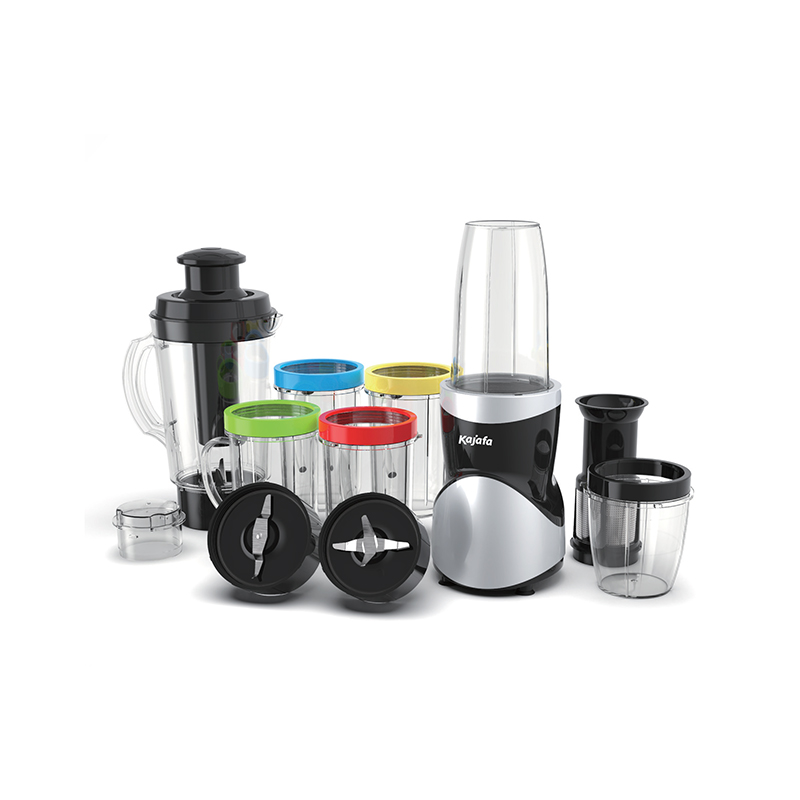Commercial blenders have higher wattages and more features than regular home blenders. They are typically recommended for tasks that require more processing and mixing of ingredients, such as making smoothies or nut butters.
Depending on your business' needs, you may want to consider whether you need to prepare large batches of food or just a few at a time. If you plan to make soup or large quantities of smoothies, a blender with a large capacity is ideal.
Capacity: The amount of food that a commercial blender can process at once is important for your business. Generally, a commercial blender can process between 0.9 to 1.5 liters of food at a time.
Power: A good blender should have between 400 and 500 watts of power. Models with a higher wattage are better for certain tasks, such as crushing ice or making nut butters.
Material: Stainless steel is the most durable material for blender jars and works well in fast-paced environments. However, it is not transparent and can be difficult to clean.
Noise: If you need a quieter blender for your establishment, you can opt for models with sound enclosures, which surround the blades and motor with a polycarbonate shield to help reduce sound levels.



 英语
英语 中文简体
中文简体














